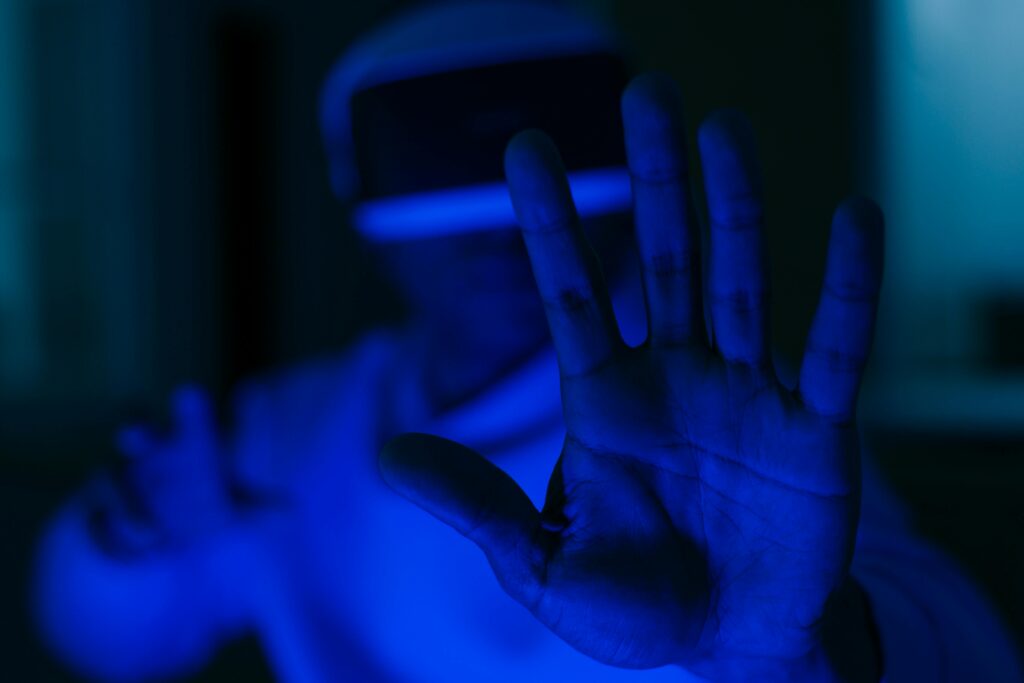
In today’s digital ecosystem, content creation is undergoing a seismic shift, particularly in video production. The integration of Artificial Intelligence (AI) is not only enhancing the creative process but also streamlining various aspects. This blog will explore how AI is revolutionizing content and transforming video creation, making it more efficient, accessible, and innovative.
The conventional methods of video production often require extensive resources, time, and personnel. However, with the advent of AI technologies, creators now have powerful tools at their disposal. From automated editing software to AI-driven content generation, the possibilities are expansive and encourage experimentation. As we delve deeper into this topic, they will uncover the transformative effects of AI in video production.
The Rise of AI in Video Production
Artificial Intelligence has carved out a significant niche in video production during the past few years. The technology enables creators to automate mundane tasks, saving time and resources. By employing AI tools, filmmakers and marketers can focus more on the creative aspects of storytelling rather than getting bogged down by technical chores.
AI systems learn from vast data sets and can analyze patterns, making them adept at producing content tailored to specific audiences. This level of customization enhances viewer engagement and delivers rich experiences. Moreover, AI can predict what type of content resonates most with audiences, leading to better-targeted video strategies.
Streamlining the Editing Process with AI
Editing is often considered one of the most time-consuming stages of video production. However, AI is streamlining this process dramatically. With advanced algorithms, AI can automate tasks such as scene selection, color correction, and audio adjustments. This allows editors to spend less time on repetitive tasks and more on enhancing the narrative quality of their videos.
AI-powered editing software can analyze the content of videos and make intelligent suggestions for cuts or transitions based on the material’s emotion or action. This has made the editing process both faster and more intuitive. Moreover, tools using AI can help maintain continuity, ensuring seamless storytelling while reducing the need for manual review.
As AI systems advance, they are also becoming more adept at understanding the context and emotional tone of videos. This means they can create more cohesive assemblies and deliver a polished final product. Filmmakers can, therefore, expect a significant reduction in turnaround times without compromising on quality.
AI-Driven Content Generation and Scriptwriting
Content generation is another exciting area where AI is making waves. Tools like GPT-3 can assist in writing scripts, creating engaging dialogue, and even suggesting scenes based on predetermined themes. This transformation encourages creators to explore varied narrative arcs, wave after wave of fresh ideas coming from AI’s ability to analyze successful scripts and presentations.
Moreover, automatic video generation tools powered by AI can compile clips, still images, and even music to create complete videos based on simple triggers or prompts. This capability is particularly useful for marketing campaigns, social media posts, or short documentaries, where time and coherence are paramount. Companies can produce quality content without needing a complete in-house production team.
As AI improves, we can expect these tools to become increasingly sophisticated, capable of generating high-quality scripts that retain emotional nuance and narrative depth. This evolution will democratize video creation, enabling small businesses and independent creators to produce professional-quality content.
Enhancing Personalization and Viewer Engagement
One of the most compelling benefits of AI in video creation is its ability to enhance personalization. AI algorithms can analyze viewer habits and preferences, allowing content creators to deliver tailored video experiences that resonate with individual audience segments. By understanding what keeps viewers engaged, creators can craft videos that feel bespoke to viewers’ tastes.
This level of personalization isn’t just a trend; it’s a necessity in a world where consumer attention is fragmented. Brands that leverage AI will find a distinct advantage in creating content that genuinely connects with their audience. Sophisticated AI analytics tools can segment viewers based on their behaviors and preferences, informing style, length, and content type for video production.
Furthermore, AI can also help monitor engagement metrics in real-time, enabling creators to make instant adjustments to ongoing campaigns or video releases. This dynamic capability not only optimizes viewer satisfaction but also maximizes return on investment for advertising and marketing efforts.
The Future of AI in Video Creation
As we consider the future landscape of video creation, the influence of AI is poised to grow even more robust. Emerging technologies such as machine learning and neural networks will continue to enhance how videos are produced and consumed. The ability for AI to not only assist in production but also help analyze market trends means that the creative landscape will continuously evolve.
Video creation could see a shift toward interactive formats that adapt in real-time based on viewer feedback and interaction. Imagine a video that alters its storyline based on audience mood, driven by AI interpretation of viewer reactions. This kind of dynamic video content could redefine storytelling, making it an immersive experience that captivates audiences on a deeper level.
Innovators are also exploring AR (Augmented Reality) and VR (Virtual Reality) applications fueled by AI. Such technologies will allow creators to push the boundaries of imagination, crafting experiences that take users into entirely new worlds. As these technologies converge, we can expect an explosion of creative potential that challenges how we think about video as a medium.
Conclusion: Embracing Change in Content Creation
The emergence of AI in video creation has sparked a revolution that stands to transform the entire content landscape. By streamlining tedious processes, fostering collaboration, and facilitating enhanced personalization, AI empowers creators of all types. As we move forward, embracing these innovations can open doors to unprecedented creative opportunities and reshape how stories are told globally.
Whether you’re a seasoned filmmaker or just entering the world of content creation, it’s clear that AI is not just a fleeting trend but a fundamental part of the future. By adapting and integrating these technologies, you can stay ahead in this fast-evolving industry. Only time will tell exactly how far AI can push the creative boundaries, but one thing’s for sure: the future of video content is bright, engaging, and incredibly promising.






